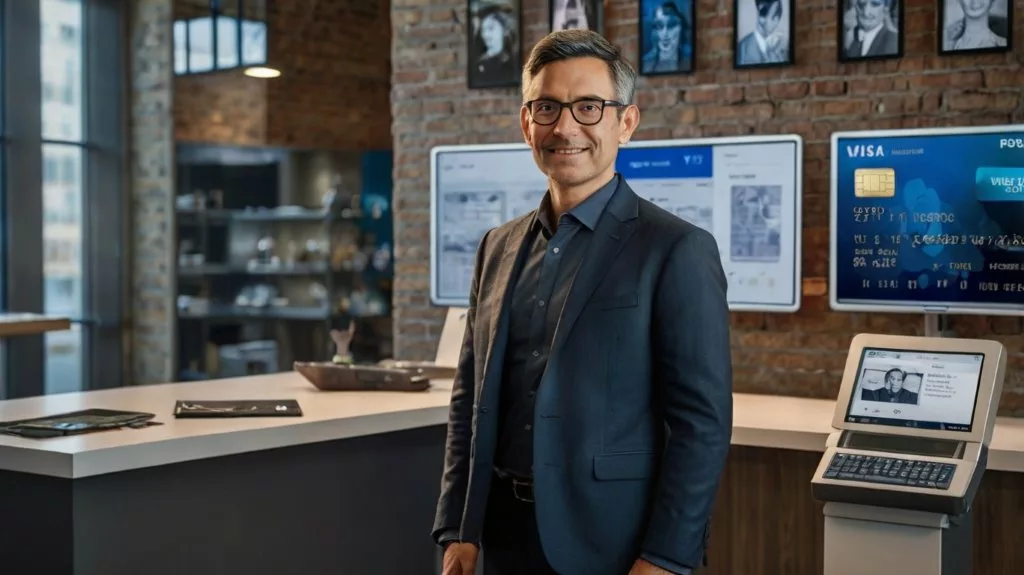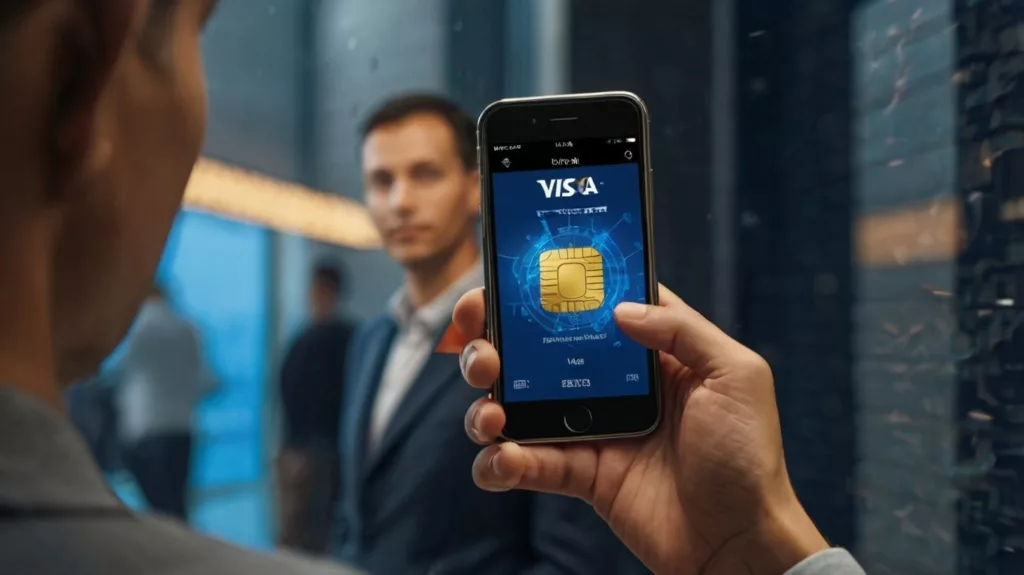The payment landscape has transformed more in the past five years than in the previous fifty. With consumers increasingly embracing digital and contactless payment methods, Visa (NYSE: V) has introduced groundbreaking products and services at its annual Payments Forum in San Francisco. These innovations, centered on Visa tokenization, are set to redefine the future of transactions for businesses, merchants, consumers, and financial institutions.
“The industry is at a pivotal point,” said Jack Forestell, Chief Product and Strategy Officer at Visa. “Emerging technologies like Generative AI are rapidly changing how we shop and manage finances. Today, we are unveiling the next generation of truly digital-native payment experiences that leverage tokenization to offer more security, customization, and convenience.”
Visa Tokenization Products
Visa Flexible Credential
Responding to consumer demand for greater payment flexibility, Visa’s Flexible Credential uses tokenization to enable a single card to switch between various payment methods. Consumers can easily choose between debit, credit, Buy Now Pay Later options, or rewards points, all with one credential. This innovative product is already live in Asia and will be available in the U.S. with Affirm later this year.
Tap to Everything
The ubiquity of mobile devices—six billion globally—has fueled the rise of contactless payments. Visa’s tap to pay technology, now with a 65% global penetration rate, is evolving with new tokenization-powered features:
- Tap to Pay: Transform any device into a point-of-sale (POS) terminal.
- Tap to Confirm: Use tokenized authentication for secure online shopping.
- Tap to Add Card: Enhance security when adding cards to digital wallets or apps.
- Tap to P2P: Enable seamless money transfers between individuals.
Visa Payment Passkey Service
To combat the rising tide of online payment fraud, Visa’s Payment Passkey Service employs tokenization and Fast Identity Online (FIDO) standards. By using biometrics like facial recognition or fingerprints, this service replaces traditional passwords, ensuring more secure and streamlined online transactions.
“There is a global demand for commonality, interoperability, and simplicity in online payments. Our tokenized passkeys confirm identity without disrupting the checkout process,” said Forestell.
Click to Pay + Visa Payment Passkey Service
Visa’s integration of the Payment Passkey Service into its Click to Pay platform showcases the potential of tokenization to enhance security and user experience. This initiative aims to reduce the need for manual card entry and passwords, offering a seamless checkout process from the moment new Visa cards are issued.

Pay by Bank
Visa tokenization is also at the heart of Visa’s efforts to revolutionize account-to-account (A2A) payments. This initiative streamlines digital payments, providing consumers with more choices for A2A transfers, loans, or credit card payments. Following its acquisition of Tink, Visa has expanded these services across Europe and is now introducing them in the U.S.
Visa Protect for A2A Payments
Visa’s expertise in fraud prevention extends to A2A payments through the application of AI-driven tokenization. Visa Protect for A2A Payments, live in Latin America and the UK, identifies and mitigates real-time payment fraud, enhancing security and trust in digital transactions.
Data Tokens
For over a decade, Visa tokenization has led the way in tokenizing payment transactions. Today, nearly 30% of Visa’s processed transactions are tokenized. With new data privacy regulations and AI advancements, Visa’s data tokens give consumers control over their data. This system allows users to share data consent while shopping, receive personalized offers, and revoke access via their banking apps.
Conclusion
Visa’s focus on tokenization is changing the security, convenience, and personalization of payment experiences in the digital age. Additionally, these innovations address the current needs of consumers and businesses, setting the stage for a future where digital and physical commerce are seamlessly integrated.
Finally, we refined and enhanced the article using ChatGPT.

